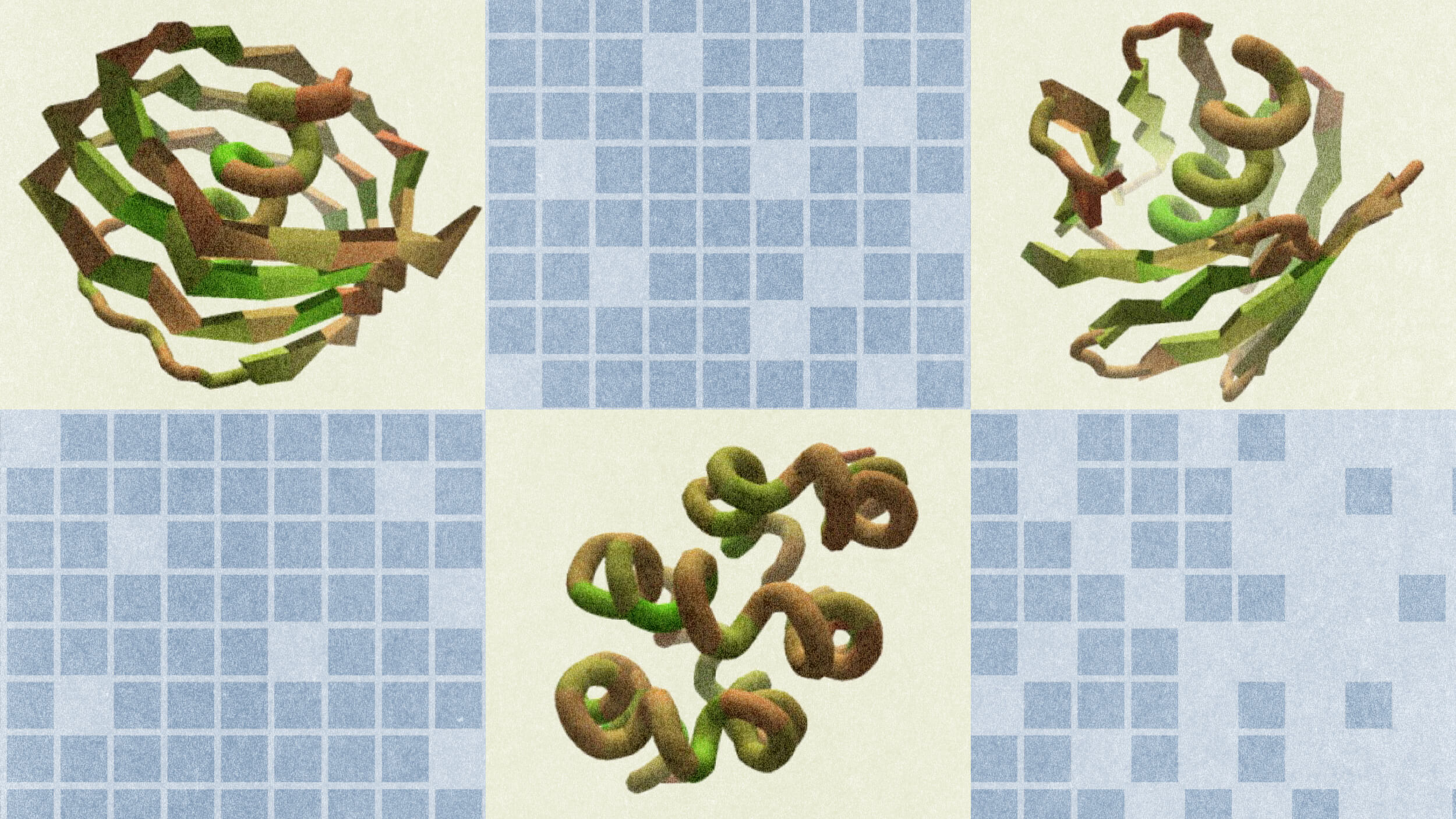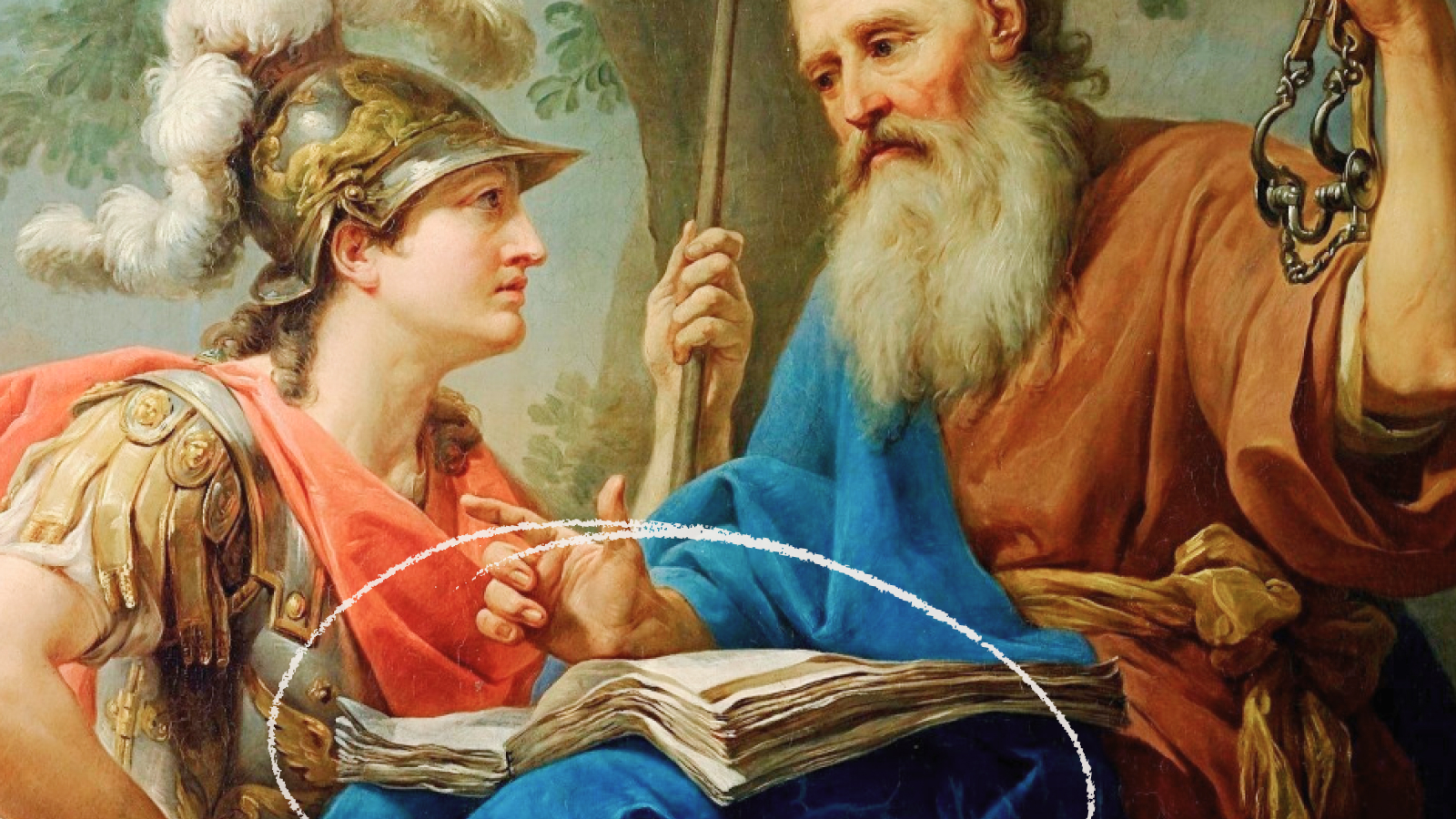When the basketball player publicly came out in 2007, 85 percent of people were “fantastic.” The other 15 percent were “weirded out.”
Question: At what age did you suspect that you were gay?
John Amaechi: I suppose I knew I was gay at age 11 or so. I don’t know if... I mean I’m smiling about it now, but I don’t even know if there is any particular thing that kind of made me think about it. I had gone on a few dates. I thought kissing was good with girls, but I always thought you know it probably could be better, so there was nothing really... There was certainly nothing really sexual about my youth growing up, simply because the fact remains if you’re the fat kid in a school and I was the only fat black kid in the school—in fact, I was the only black kid in the school—but if you are kind of ostracized on many different levels in your school the last thing you’re worried about is sex. I just wanted to fit in, so probably early on I knew, but it was... social life was such a distant part of my existence when I was in school that I didn’t even think about it too much.
Question: Was it easier to come out to your friends and family or to the media?
John Amaechi: I came out to my friends and family much earlier, probably a decade, 15 years earlier than I came out kind of to the whole Universe. And it was lovely because... Well it was lovely in a way. I think I was a little bit disappointed because everybody who I knew, my best friend said that he had known since I was 16, which I was really mad about. Because I was like "Why didn’t you tell me? Why didn’t you tell me when I was 16?"
My sister who I felt great trepidation about telling and not because I thought she was judgmental, but because I you know she was so important to me. I told her and she just looked at me and kind of shrugged and said, “I’ve always thought of you as asexual.” Which I don’t think is particularly complimentary. But then... and the great part about it is that is a normal coming out that you do and you’re surrounded then by people who love you and know you fully, which is great.
Coming out in 2007 to the universe is a very different thing because then you find yourself... I always think coming out is something that you do for people who really deserve it. It should be. It shouldn’t be something that you just tell random strangers, just so you know, unless you’re trying to make a political point, which I think is what I was trying to do. But when I came out to the universe it had this really strange reaction from people. I think the vast majority, maybe 85 percent of people were wonderful and warm and supportive. And then there was this 15 percent minority that was so weirded out by it. You know they looked at me and they looked at this body and they just thought "How can that be gay? And if that is gay that is terrifying. You know he is massive and he is black and he is gay," and it was like any more things and the world would explode. So it just became a little difficult for me because all of the sudden I had gone from being what I thought was this pretty multidimensional person with lots of different identities that I was really quite cool with all mixed up, and then the day after that day in February of 2007 I was just that big gay guy. A bit disappointing really.
Question: How did being in the closet affect you psychologically?
John Amaechi: I think one of the most damaging things about being in the closet for anybody is that when you’re in the closet not only does it isolate you from normal relationships because it forces everyone you know and everyone who knows about you into the closet as well. But more than that, especially when you’re doing a job that requires a high level of focus... You know, there are some jobs that people go to and 75 percent of their mind is all that is required for them to get the job done. In the NBA you need a little bit more than that when Jordan is front of you. You need a little bit more than that when it is Barkley or Karl Malone or Shaq or whoever else. You need a lot more than that frankly if you’re the English kid who can’t jump. And what I found was that you only have a finite amount of psychic energy in your head and certain portions of it and sometimes it was only two or three percent, but certain portions of it were always reserved to protect my ego when I heard my teammates talk about fags. Certain portions of it were there to protect me when... to keep me mindful of when I was talking about what I was doing to use gender neutral pronouns and that two to three percent of my energy was just never available for basketball even when it was basketball was on the line, even when I wanted it to be it was just never available because it was already being used.
And I think that is the biggest shame about being in the closet. It’s really about performance in your life and in your workplace. If you’re in the closet, there's energy there that will never be available for the daily tasks.
Recorded October 7, 2010
Interviewed by Max Miller






